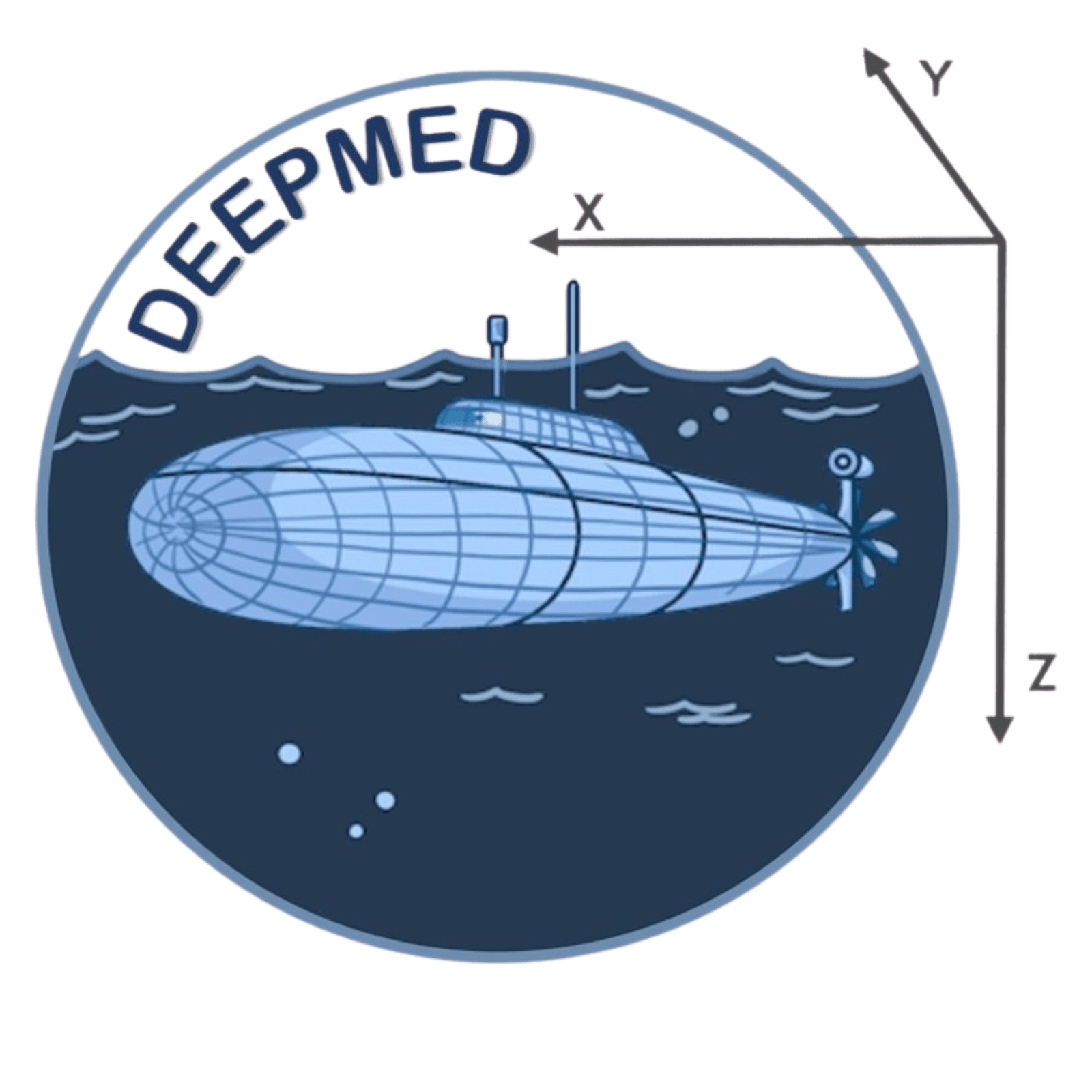test Zotero
Esto es una prueba [zotpress items=»{4822642:XXM6AMU7}» style=»apa»] de una Zotero
Esta es una segunda prueba [zotpressInText item=»{4822642:B2LJBTDG}»] de Zotero
Y la tercera prueba [zotpressInTextBib style=»apa» sort=»ASC»]
Listado: [zotpressInText userid=»4822642″]
Biblioteca: [zotpressLib userid="4822642"]


